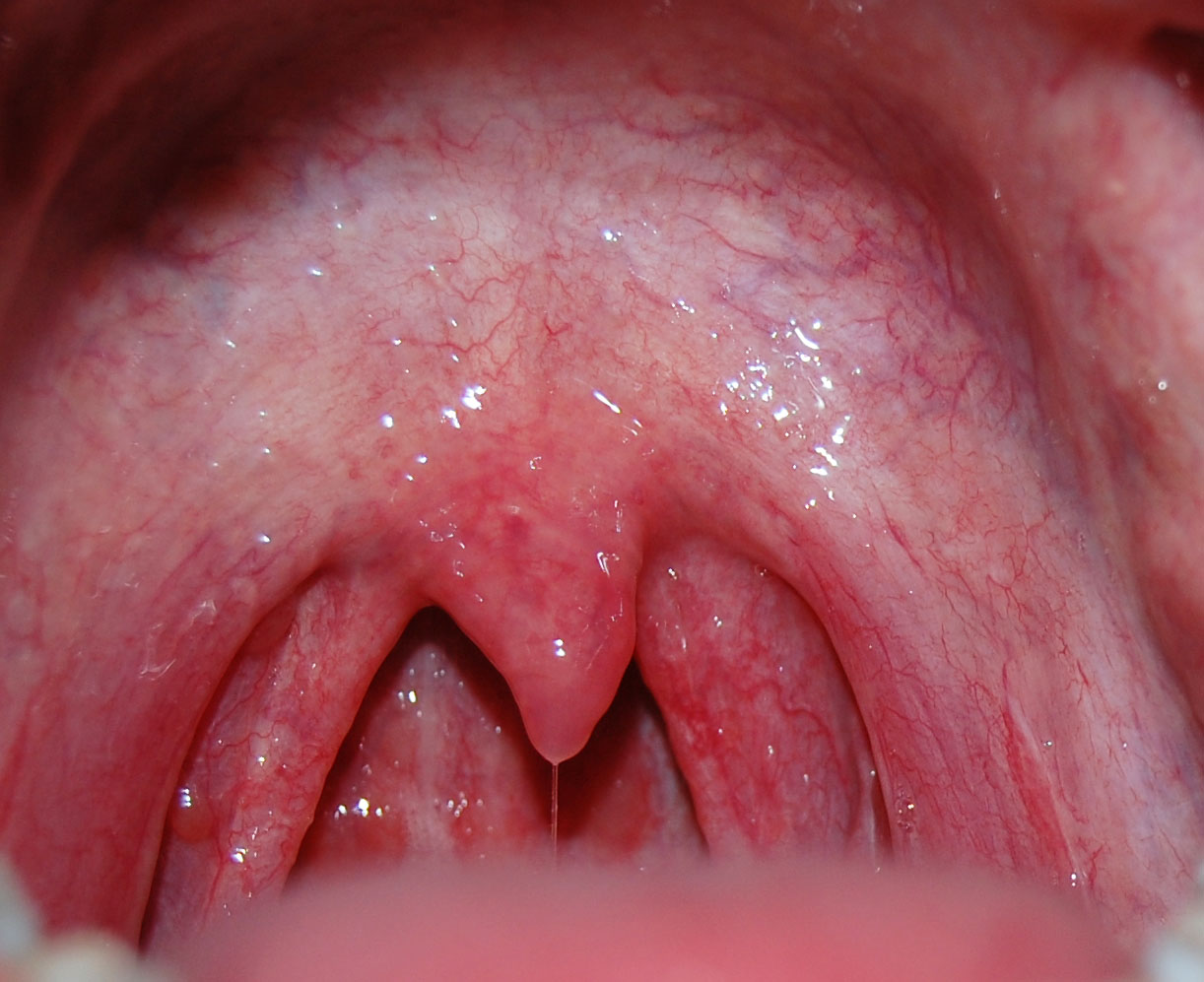Cobblestone throat is a medical condition that occurs as a result of the irritation leading to a postnasal drip, a condition that forces mucus from the nose or sinuses to drain into the throat. A person may complain of having nasal congestion and a sensation of mucus dripping from the back of their nose. When a healthcare provider does an examination, they may see mucus dripping into the throat and inflammation in the nose and throat. A combination of symptoms and a physical examination can help your healthcare provider diagnose postnasal drip.
Cobblestone in your throat is one of the most common causes of chronic cough. It can be related to allergies, an infection of the sinuses (sinusitis), or even certain foods, which can linger for weeks to months. Other common symptoms of Cobblestone throat include:
- Sensations of dripping in the throat
- Feeling of needing to clear the throat often
- Sore or irritated throat
- Congestion in the nose
- Runny nose
- Hoarse voice
If the affected person has difficulty opening their mouth, or their voice takes on a muffled quality as if they are speaking with a hot potato in their mouth, they may have a peritonsillar abscess. This is an abscess around the region of the tonsils and is a medical emergency because it can cause sepsis and airway obstruction.
What is the fastest way to get rid of cobblestone in your throat?
The treatment for Cobblestone throat depends on its cause.
If your Cobblestone throat is caused by hay fever, then antihistamines will be a good idea. Just make sure to go for a non-sedating option, such as loratadine (Claritin). Traditional antihistamines, such as diphenhydramine (Benadryl) can actually make Cobblestone throat symptoms worse. Decongestant medicines and steroid nasal sprays can also be effective treatments. Using a saline nasal spray can also help.
You can prevent hay fever by avoiding the substances you are allergic to. If you don’t know what you are allergic to, speak with your doctor who can refer you for allergy tests.
If your Cobblestone throat is caused by sinusitis from a bacterial infection, your doctor might prescribe antibiotics to treat the infection.
You should also talk with your doctor about treatments for other causes of Cobblestone throat, such as reflux and asthma.
Some things you can do to help ease the symptoms are:
- drink more fluids (such as water) to thin out the mucus
- use a saline nasal spray. You can ask your pharmacist which one will suit you best
- gargle with salty water 3 or 4 times a day
- use a humidifier to add moisture to the air
- avoid substances that cause dehydration, such as alcohol and caffeine, as these make symptoms worse
- avoid common irritants such as cigarette smoke and sudden temperature changes.
Is Cobblestone Throat a sign of COVID-19 Infection?
According to health experts, Cobblestone throat by itself is typically not something to worry about. Your throat could be irritated from allergies, air pollution, or overuse. It could also be due to smoking, in which case the solution is simple (QUIT). If a Cobblestone Throat lingers longer than a week, however, you should contact your physician.
And if you develop any other symptoms – even milder symptoms you typically associate with a common cold – you should contact your physician or get tested for COVID-19. The common cold and the virus that causes COVID-19 are both the same type of virus – called coronavirus – and can cause similar symptoms. Mild cases of COVID-19 can even look to an average person exactly like a cold. But if you have a mild case of COVID-19, you could spread the coronavirus to someone who suffers a worse infection. You need to be sure you aren’t putting others at risk if you have any possible COVID-19 symptoms.
If you have just a Cobblestone throat with no other symptoms, it’s less likely to be COVID-19. But with other symptoms, it is possible you have COVID. Sore throat, cough, fever – I would be worried about COVID.
Having just an isolated sore throat. Only about 5-10% of COVID-19 patients will have that. Usually, they will have a touch of fever, loss of taste and smell, and difficulty breathing.
Can Cobblestone throat be a sign of cancer?
Cobblestone throat is rarely a sign of throat cancer, but is nevertheless quite serious should it occur. Throat cancer generally begins in the larynx (voice-box) or the pharynx, and throat pain is only one of a number of symptoms. Other symptoms include difficulty swallowing.




![How To Cure A Sore [Strep] Throat Fast](https://www.publichealth.com.ng/wp-content/uploads/2018/07/How-To-Cure-A-Sore-Strep-Throat-Fast-120x120.jpg)

